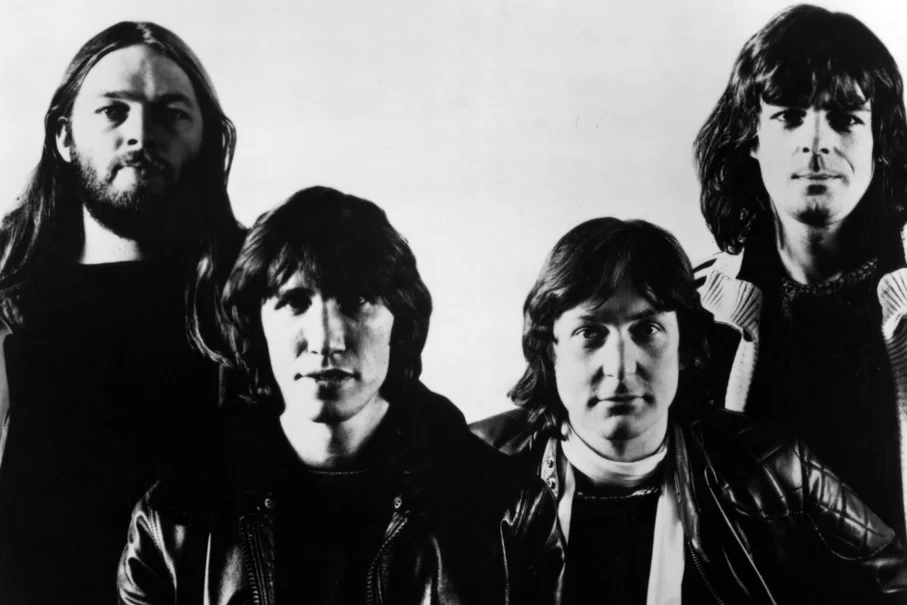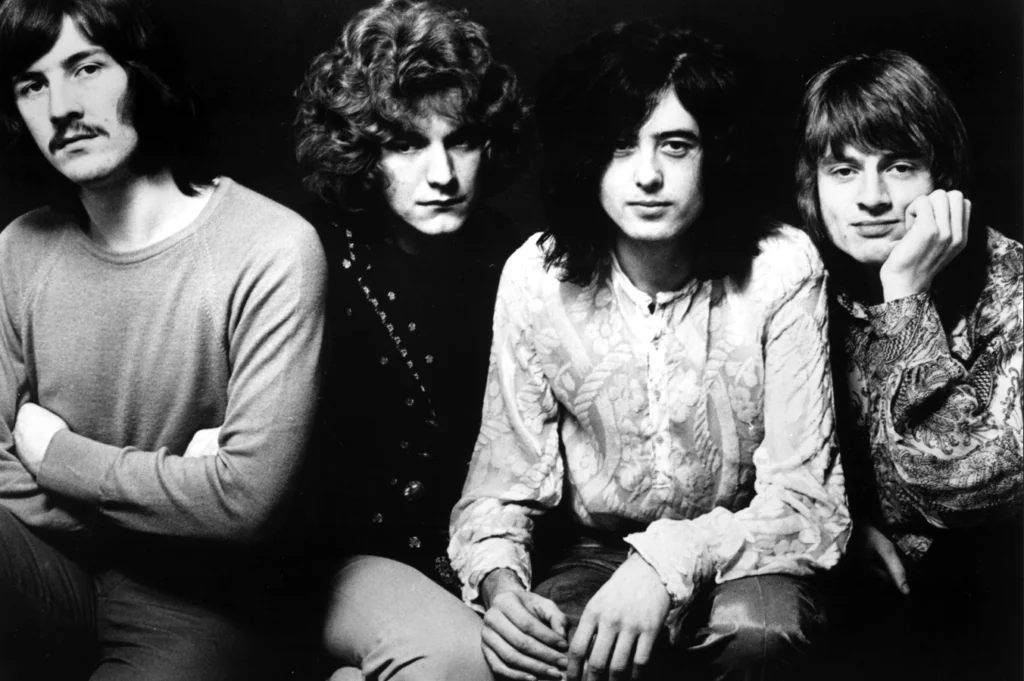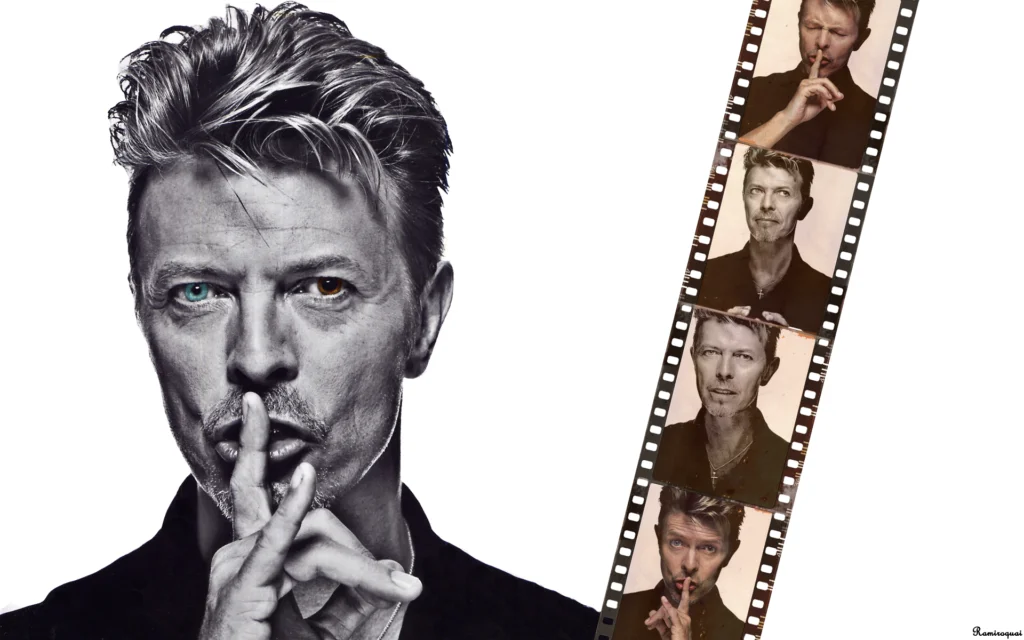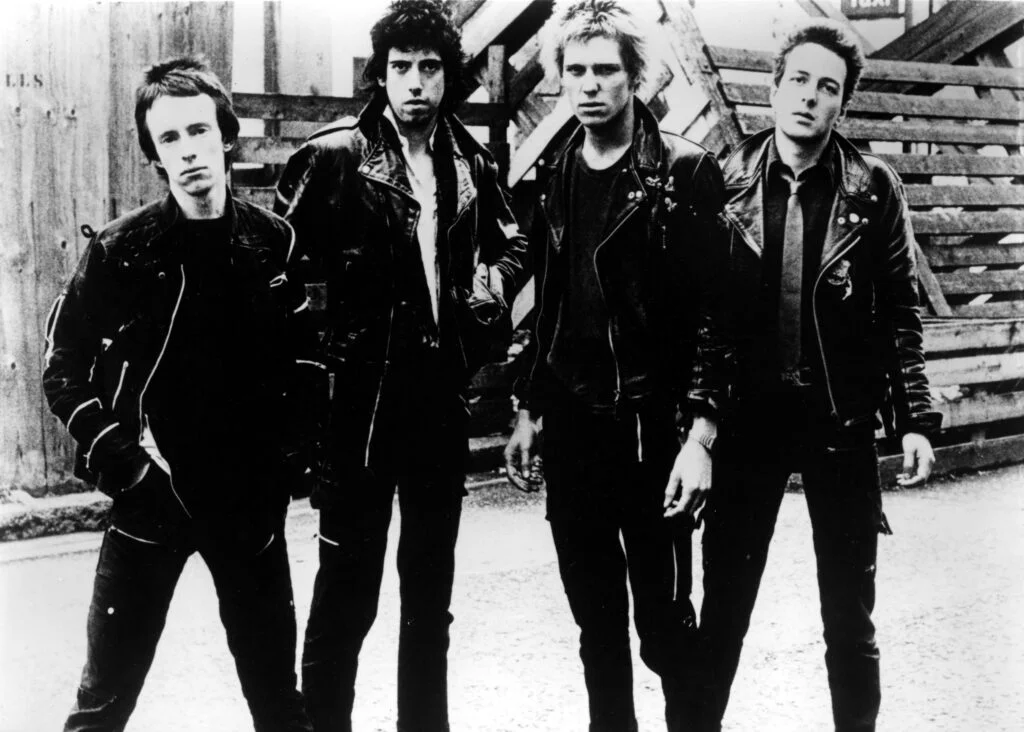1. The Dark Side of the Moon – Pink Floyd (1973)

The Dark Side of the Moon remains one of the most revolutionary albums in rock history. It took the concept of an album to a whole new level, pushing boundaries with its seamless transitions, philosophical lyrics, and experimental sounds. Pink Floyd blended rock with jazz, classical music, and electronic effects, creating a soundscape that felt more like a journey than just a collection of songs. Its use of synthesizers, tape loops, and even a heartbeat as part of the rhythm became groundbreaking in rock music at the time.
Beyond the music, the album’s themes of madness, existentialism, and the human condition resonated deeply with listeners. It’s an album that invites you to listen from start to finish, with each track contributing to the larger narrative. This immersive experience marked a defining moment in the 1970s, influencing countless artists and music genres to come. The cultural impact of The Dark Side of the Moon can still be felt today, proving that it was more than just an album—it was a landmark in the evolution of music.
2. What’s Going On – Marvin Gaye (1971)

Marvin Gaye’s What’s Going On shattered expectations of what soul music could be. At a time when Motown was best known for its upbeat, danceable hits, Gaye turned inward and created an album that addressed the harsh realities of society. With its smooth melodies and deeply emotional lyrics, What’s Going On became a commentary on war, poverty, and social injustice, all set against the backdrop of a troubled America.
Gaye’s shift from pop music to socially conscious themes inspired a wave of soul and R&B artists to follow suit. The album’s ability to blend social commentary with soul, funk, and jazz laid the foundation for what would later be known as socially conscious music. Its timeless message, combined with Gaye’s unforgettable voice, made What’s Going On not just an album but a movement. It remains one of the most influential works in the history of modern music.
3. Led Zeppelin IV – Led Zeppelin (1971)

Led Zeppelin IV is the album that defined rock’s raw power. Blending hard rock, blues, and folk, Led Zeppelin expanded the boundaries of what could be considered “rock music.” Tracks like “Stairway to Heaven” became cultural landmarks, while others, such as “Black Dog” and “Rock and Roll,” offered electrifying energy and virtuosity. The band’s ability to seamlessly integrate multiple genres into a cohesive album was groundbreaking at the time.
The album’s influence on the heavy metal genre is undeniable, but it also shaped mainstream rock. It’s hard to think of any other album that so successfully mixed complex arrangements with straightforward rock-and-roll energy. Led Zeppelin IV became anthemic for a generation and has remained a defining piece of rock history ever since. Its intricate soundscapes and epic production pushed rock music into the next era.
4. The Rise and Fall of Ziggy Stardust and the Spiders from Mars – David Bowie (1972)

David Bowie’s The Rise and Fall of Ziggy Stardust and the Spiders from Mars wasn’t just an album; it was a full-on performance art experience. With this concept album, Bowie introduced Ziggy Stardust, the androgynous rock star from space, and told a story that was part fantasy, part reflection of the 1970s’ cultural upheaval. The album’s glam rock style was visually flamboyant and musically bold, with tracks like “Starman” and “Suffragette City” blending infectious hooks with futuristic sounds.
Bowie’s exploration of identity, fame, and sexuality made the album both groundbreaking and deeply personal. It helped define the glam rock movement and solidified Bowie as one of the most influential artists of the decade. His willingness to break conventional molds and embrace alternate personas spoke to the broader cultural shift toward self-expression and non-conformity in the ‘70s. Ziggy Stardust became a symbol for individualism and creativity, paving the way for future generations of artists.
5. Ram – Paul McCartney (1971)

Paul McCartney’s Ram is often considered a pivotal moment in his post-Beatles career. While it may not have had the mainstream success of Abbey Road or Let It Be, Ram was a completely different animal. McCartney blended a wide range of styles, from folk to rock to classical influences, creating a lo-fi, intimate album that was both whimsical and personal. Tracks like “Uncle Albert/Admiral Halsey” and “Too Many People” displayed his growing ambition as a solo artist.
Critically overlooked at the time of its release, Ram has since gained recognition for its innovative approach to music. McCartney’s use of unconventional instrumentation, along with his quirky sense of humor, set it apart from other albums of the era. Ram’s experimental nature, coupled with its offbeat charm, made it a unique release that pushed the boundaries of pop and rock music. It’s an album that grows on you, revealing more with each listen.
6. The Clash – The Clash (1977)

The Clash’s self-titled debut album revolutionized punk rock. With its raw energy and political undertones, The Clash brought punk into the mainstream while still maintaining its rebellious edge. The band fused punk with reggae, rockabilly, and even jazz influences, creating a sound that was both gritty and accessible. Songs like “White Riot” and “London’s Burning” showcased the band’s fiery spirit, while tracks like “Police and Thieves” introduced a social awareness that set them apart from other punk bands of the time.
The Clash didn’t just play music—they challenged norms. They opened up punk rock to a wider audience, showing that it wasn’t just about noise or anger but also about telling a story. Their willingness to cross musical boundaries while staying true to their roots made The Clash a game-changer in the genre. The album’s influence can still be felt in both punk and mainstream music today.
7. Tapestry – Carole King (1971)

Carole King’s Tapestry became one of the most influential singer-songwriter albums of the ‘70s. With its mix of folk, pop, and soft rock, King created an album that resonated with listeners on a deeply emotional level. Tracks like “It’s Too Late” and “You’ve Got a Friend” became instant classics, showcasing King’s lyrical genius and her ability to connect with her audience. The album’s stripped-back production allowed her piano playing and vocals to take center stage, creating a timeless sound.
Tapestry was a game-changer because it introduced a more intimate, confessional style of songwriting to mainstream music. King’s candid lyrics and emotionally raw performances made the album a deeply personal experience for listeners, establishing her as one of the most important female voices in music. The album’s success also helped pave the way for other female singer-songwriters to find commercial success. Tapestry remains one of the best-selling albums of all time and a landmark in the history of pop and folk music.


